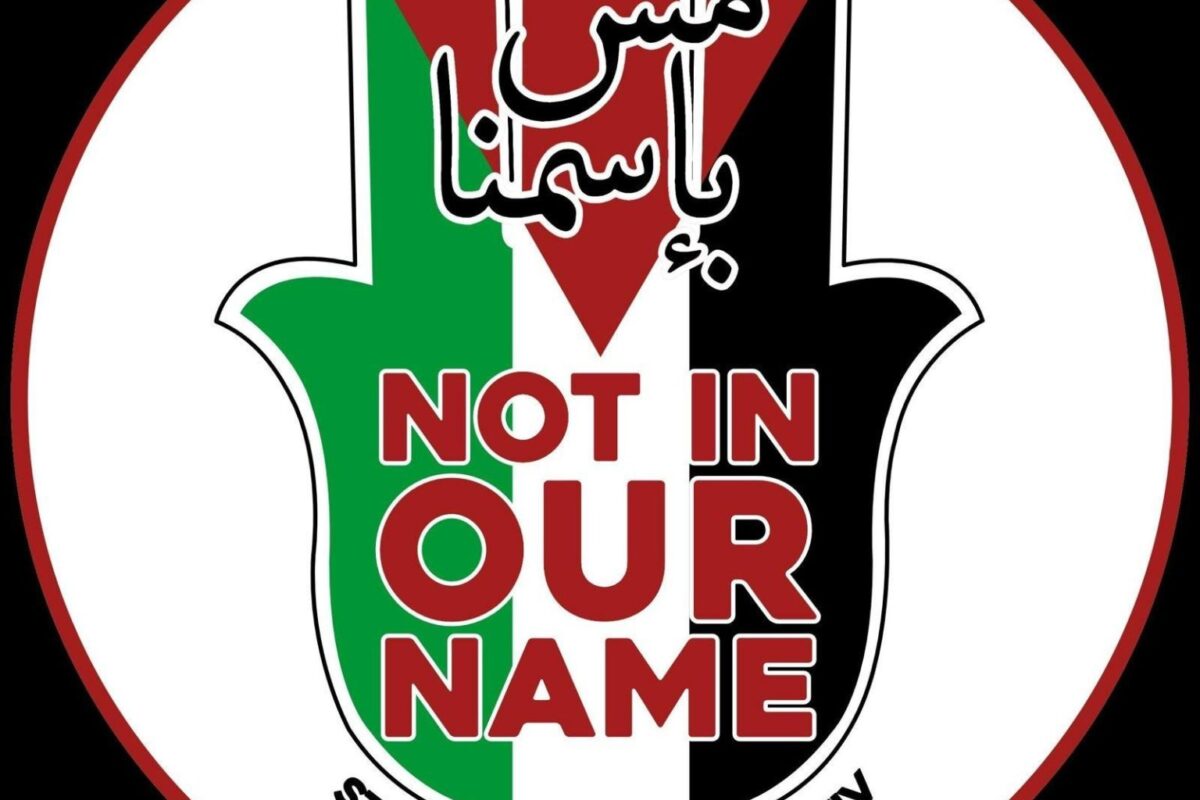The destruction of Gaza’s education system is not collateral damage—it is intentional. It is systematic. And the Technical University of Berlin (TU Berlin), despite its claims of neutrality and academic freedom, has chosen silence over solidarity, complicity over conscience, and political obedience over even the most minimal moral and ethical duty.
Over six months ago, we submitted a detailed report to TU Berlin’s leadership. It documented how the university is deeply complicit in the Genocide unfolding in Palestine, be it indirectly through continuing its cooperation with institutions involved in the Israeli military apparatus, or directly by allowing exchange programs to illegally stolen land. We demanded an investigation based on the evidence we provided, and to cut ties, as it has done with Russia, when our findings were confirmed. Not only did the university refuse to act, it refused even to look.
As part of our demands that were sent along with that report, we urged administration to take a basic moral stance and publicly condemn the complete destruction of Gaza’s education system. Every single university has been bombed. Over 95% of schools were damaged. Over 720,000 students had their education completely interrupted. According to the Palestinian Ministry of Education, 13,419 students and 651 educators have been killed and 21,653 injured in what can only be described as a systematic campaign to destroy the very possibility of knowledge in Gaza. We called this what it is: scholasticide—the deliberate erasure of a people’s right to learn, teach, and exist.
In response, TU Berlin spoke proudly of its commitment to anti-discrimination, academic freedom, and historical role as a university that fights injustice. They write of awareness teams, consultation offices, and the importance of peaceful protest all while refusing to name the people whose lives were erased.
Not once did it acknowledge even a single murdered Palestinian student or scholar. Not Nada Al-Hasayna, the pharmacy student who carried her name tag every day so her body could be identified if she was killed. Not Sha’ban al-Dalou, a 19-year-old software engineering student at Al-Azhar University, who was burned alive while still attached to an IV alongside his mother. Not Professor Dr. Sufyan Tayeh, president of the Islamic University of Gaza and one of the world’s top scientists, killed with his family. Not Professor Refaat Al-Areer, poet and literature lecturer, who wrote “If I Must Die” before being bombed to death with his brother and sister alongside four of her children.
And yet, in every public statement made by TU Berlin and the Center for Research on Antisemitism (ZfA), one thing remains consistent: they carefully avoid using the word Palestinian. Not once do they acknowledge the people being killed, displaced, starved, and erased. They speak of “violence,” of “conflict,” of “victims” in vague terms—but never name those who are suffering most. They have expressed solidarity with Israeli academics, reaffirmed partnerships with Israeli institutions, and condemned attacks against Israel. But they have never condemned the killing of Palestinian scholars, or the destruction of every single university in Gaza. They have never shown even the most basic empathy for Palestinian life—they have never even once used the word Palestine or Palestinian.
This silence is not neutrality, it is complicity, it is political obedience.
It is even more appalling when viewed in the context of Israeli academia’s open incitement to hate. We can name the Tel Aviv University professor Uzy Raby who said on a radio interview: “Anyone who stays [in northern Gaza] will be judged… as a terrorist and will go through either a process of starvation or a process of extermination”. Another lecturer at the same university, Dr. Harel Chorev, declared that he would “sign with both hands” a military plan that called for the forced removal of civilians from Gaza. And at the Institute for National Security Studies, a think tank affiliated with Tel Aviv University, researchers openly proposed turning Gaza into a “modernized” area emptied of Palestinians through “voluntary emigration,” enforced by “sustained military pressure”, a thinly veiled ethnic cleansing proposal.
The few who dissent, mostly Palestinians, face severe repression. Professor Nadera Shalhoub-Kevorkian, a prominent Palestinian scholar at Hebrew University, was suspended, publicly denounced by her institution, and later arrested for calling for a ceasefire and criticizing Zionism. Over 160 Palestinian students in Israeli universities have faced disciplinary measures for minor expressions of grief or solidarity. Some have had their home addresses and photos circulated online. Others were expelled. Threatened. Silenced. And while those who advocate justice are punished, those who advocate atrocity are platformed, funded, and celebrated.
In the midst of this, TU Berlin dares to speak of “academic freedom.” But what we are witnessing is its complete collapse. Academic freedom does not mean cooperating with warmongers. It does not mean partnering with institutions that help build drone systems used to flatten homes, or produce white papers about ethnic cleansing. It does not mean turning away while your academic counterparts are starved, bombed, and executed. Academic freedom means having the right to say: we refuse.
We refuse to be complicit.
We refuse to normalize genocide.
We refuse to treat apartheid as just another academic perspective.
If Israeli Academia insists on staying corrupted to its core, then in the name of academic freedom, TU Berlin has the duty to cut ties. Its refusal is not grounded in academic principles, its loyalty is not to truth, not to justice and not its stated mission, but to fear. Germany’s history is invoked to silence critics, but the real lesson of that history, of where blind obedience to power leads, is ignored.
TU Berlin once served a fascist state. Today, it serves a state taking part in a genocide.One might think an institution that once served under and supported a fascist state would understand the dangers of “just following orders”. But instead, the TU Berlin Kanzler, a sitting SPD politician, proudly oversees this cowardice. Unwilling to challenge the political tide, unwilling to take a stance, unwilling to say, ‘‘enough.’’




